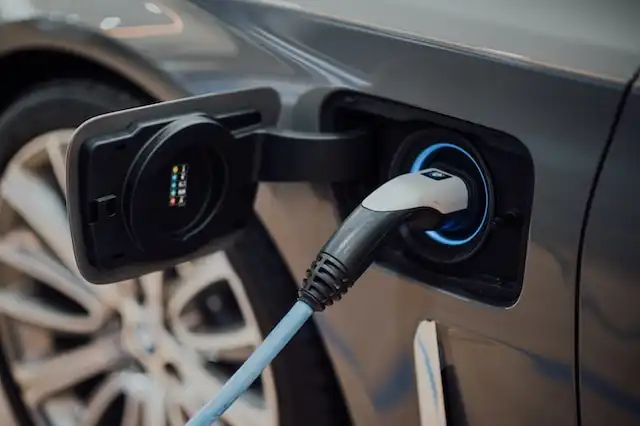The automotive industry is undergoing a profound transformation, with the rapid rise of Electric Vehicles (EVs) reshaping the way we think about transportation. As concerns over climate change and environmental sustainability increase, EVs have emerged as a promising solution to reduce carbon emissions and dependence on fossil fuels. This article explores the booming market of electric vehicles and delves into how EV technology is driving a revolution in the auto industry.
- The Surge in Electric Vehicle Adoption
Over the past decade, the adoption of electric vehicles has seen remarkable growth worldwide. Governments and environmental organizations have incentivized the shift towards clean energy transportation by offering subsidies, tax credits, and stricter emission regulations. As a result, major automakers have accelerated their efforts to produce a diverse range of electric vehicles to meet the rising demand.
- Advantages of Electric Vehicles
Electric vehicles offer several advantages over traditional Internal Combustion Engine (ICE) vehicles. First and foremost, EVs are eco-friendly, emitting zero tailpipe emissions, which significantly contributes to reducing air pollution and combating climate change. Secondly, EVs are more energy-efficient, as they convert a higher percentage of energy from the grid to power the wheels compared to ICE vehicles. Additionally, EVs are quieter, require less maintenance, and provide a smooth, silent driving experience.
- Advancements in Battery Technology
One of the critical components driving the EV revolution is the advancement in battery technology. Lithium-ion batteries, which power most electric vehicles today, have become more affordable and capable of holding larger capacities. This has led to an increase in the driving range of EVs, addressing the earlier concern of limited mileage per charge. As battery technology continues to evolve, we can expect even more extended ranges, faster charging times, and reduced costs in the future.
- Expanding Charging Infrastructure
The expansion of charging infrastructure is a key factor driving the adoption of electric vehicles. Governments and private entities are investing heavily in building public charging stations across cities and highways, enabling EV owners to charge their vehicles conveniently. The proliferation of fast-charging stations has significantly reduced charging times, making EVs more practical for long-distance travel.
- Technological Innovations in EVs
EV technology has paved the way for innovative features that enhance the driving experience. Many electric vehicles now come equipped with regenerative braking systems, which capture and store energy during deceleration, further extending the driving range. Additionally, advanced driver-assistance systems (ADAS) and autonomous driving capabilities are becoming increasingly prevalent in electric vehicles, promising safer and more efficient journeys.
- Impact on the Auto Industry
The growing popularity of electric vehicles is reshaping the auto industry’s landscape. Established automakers are ramping up their electric vehicle offerings and investing in EV research and development to stay competitive. Simultaneously, new players, such as Tesla and electric startups, are disrupting the market with innovative designs and cutting-edge technology.
- Job Opportunities and Economic Impact
The shift towards electric vehicles is not just driving changes within the auto industry but also impacting the job market and the economy. As EV production expands, there is a growing demand for skilled workers in areas like battery manufacturing, software development, and sustainable materials engineering. Additionally, the increased focus on renewable energy and EV-related technologies has opened up new investment opportunities and stimulated economic growth.
Conclusion
The electric vehicle revolution is undeniably transforming the auto industry. With advantages such as eco-friendliness, energy efficiency, and technological innovations, EVs are capturing the attention of consumers and governments alike. As battery technology improves and charging infrastructure expands, the EV market is poised for even greater growth. This paradigm shift towards sustainable transportation not only reduces our carbon footprint but also presents exciting opportunities for job creation and economic development. The electric vehicle revolution is here to stay, and it is reshaping the future of transportation for the better.



